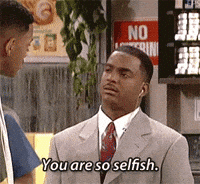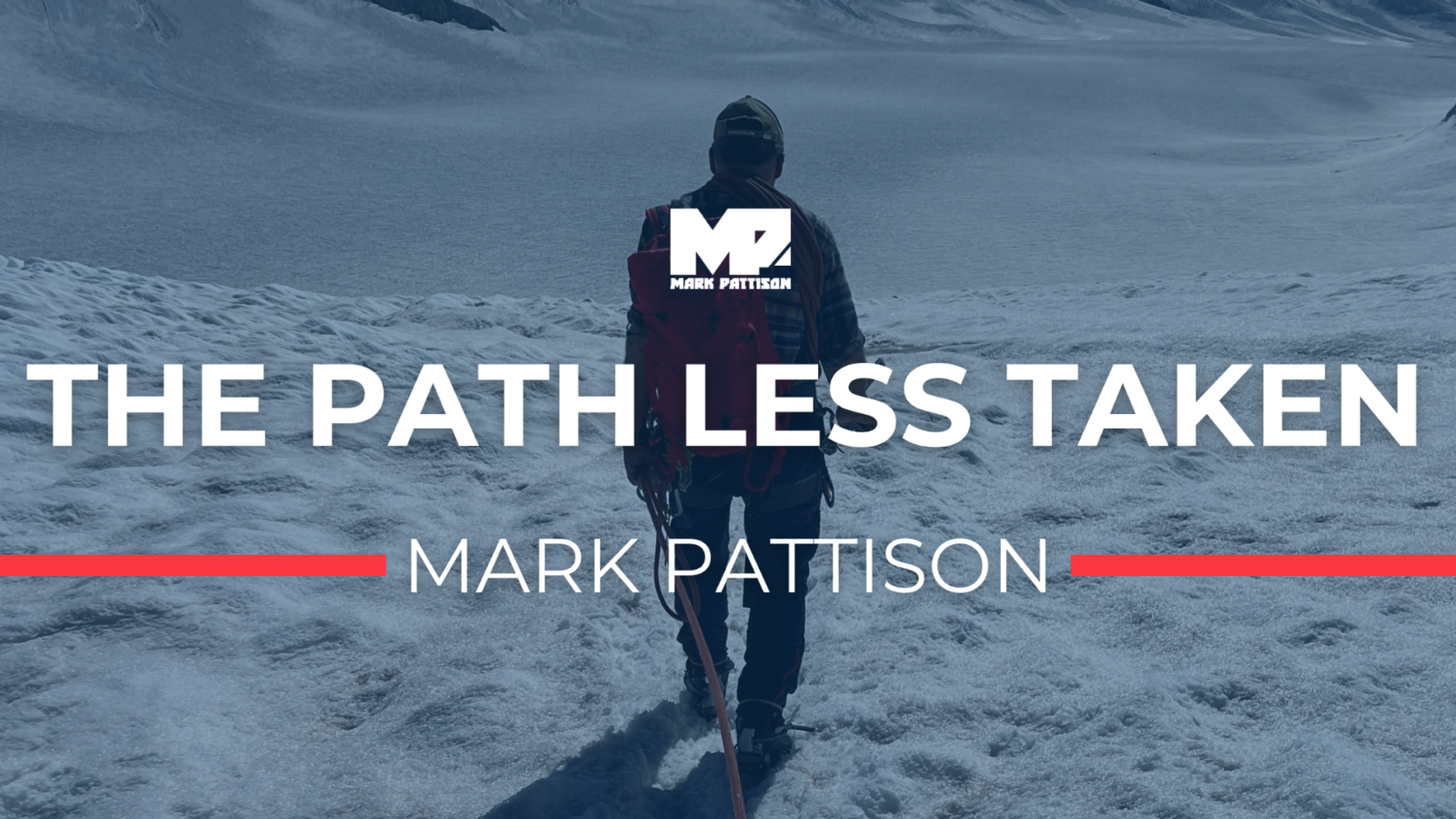Mark here.
We’ve all been told to “put others first,”
but what if that’s not always the best advice?
Here’s the thing:
You can’t pour from an empty cup!
To truly show up for others—
your family, your team, your community—
you first need to prioritize yourself.
It’s counterintuitive,
but being a little selfish might be the most generous thing you can do.

How This Played Out in My Life
For much of my life,
I prided myself on being there for others—
teammates, colleagues, and even strangers.
But over time, I noticed something:
when I didn’t take care of myself,
I couldn’t show up fully for anyone else.
During my NFL career,
this looked like skipping rest days
or pushing through exhaustion to meet expectations.
After retiring, it meant saying “yes” to too many things,
leaving little energy for my personal growth.
It wasn’t until I started climbing mountains
that I truly understood the value of putting myself first.
On the peaks, you can’t survive by overextending.
Every decision—
how much energy you conserve, when you rest, and even what you carry—
has to prioritize you. It’s not selfish; it’s survival.
When I learned to focus on my own growth, health, and clarity,
I became better equipped to support those around me.
Whether it’s leading a team, mentoring others,
or just being present with my loved ones,
I learned that the more you invest in yourself,
the more you have to give.

How to Apply This in Your Life
Here’s how you can embrace controlled selfishness
to create greater generosity in the long run:
1. Set Clear Boundaries
Learn to say “no” to what drains your energy
or doesn’t align with your priorities.
By doing less, you can do more of what matters.
2. Prioritize Rest and Recovery
Burnout serves no one.
Schedule time for yourself—
whether it’s exercise, mindfulness, or simply stepping away from the noise.
3. Invest in Personal Growth
Take the time to develop new skills,
explore your passions, or improve your health.
When you grow, everyone around you benefits.
4. Reframe Self-Care as a Responsibility
Taking care of yourself isn’t indulgent; it’s essential.
You can’t support others when you’re running on empty.
Why It Works
Controlled selfishness isn’t about ignoring others—
it’s about showing up for them in a better, more sustainable way.
When you take care of yourself first,
you create space to be more present, empathetic, and impactful.
Think of it like a ripple effect:
the healthier, happier, and more fulfilled you are,
the greater your ability to uplift those around you.
Generosity doesn’t mean self-sacrifice—
it means giving from a place of abundance.
And abundance begins with you.
This week, take one intentional action to prioritize yourself.
- Say “no” to something that drains you.
- Block time in your schedule for self-care.
- Take a step toward a personal goal you’ve been putting off.
Notice how investing in yourself
creates more space and energy for the people
and things that matter most.
Think to yourself:
What’s one thing I’m doing this week to take care of myself?
Best,
Mark

